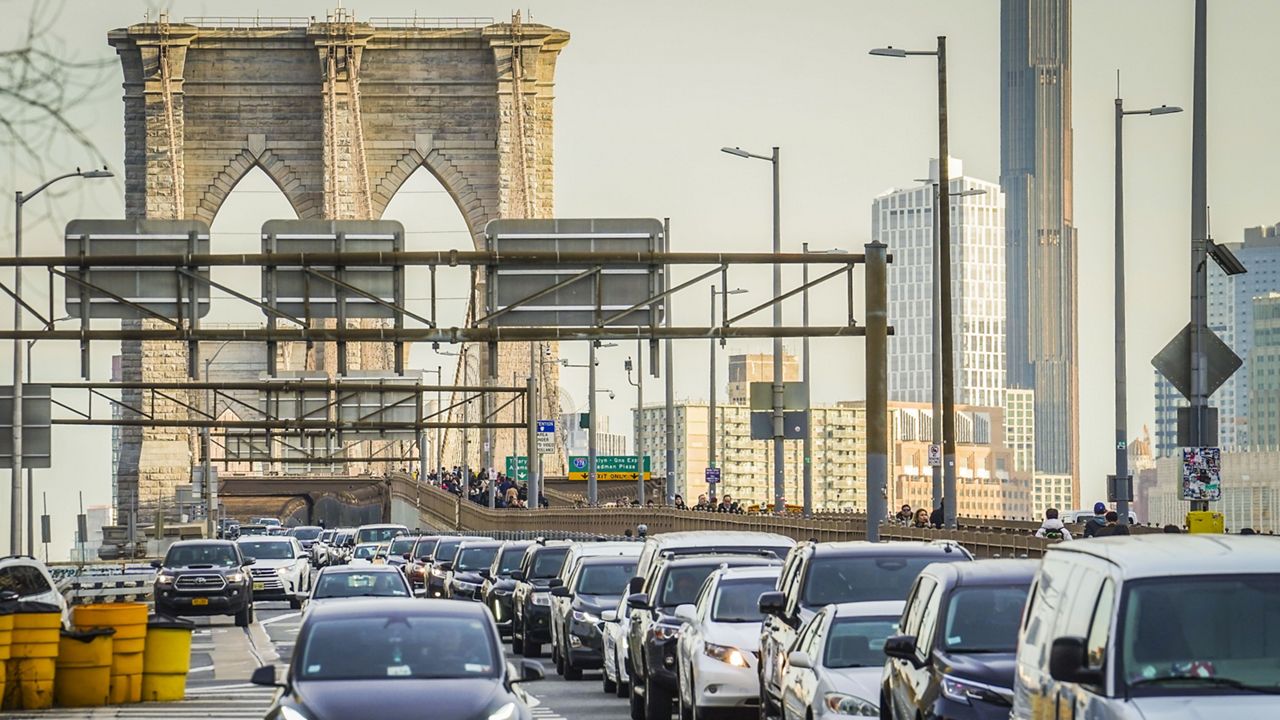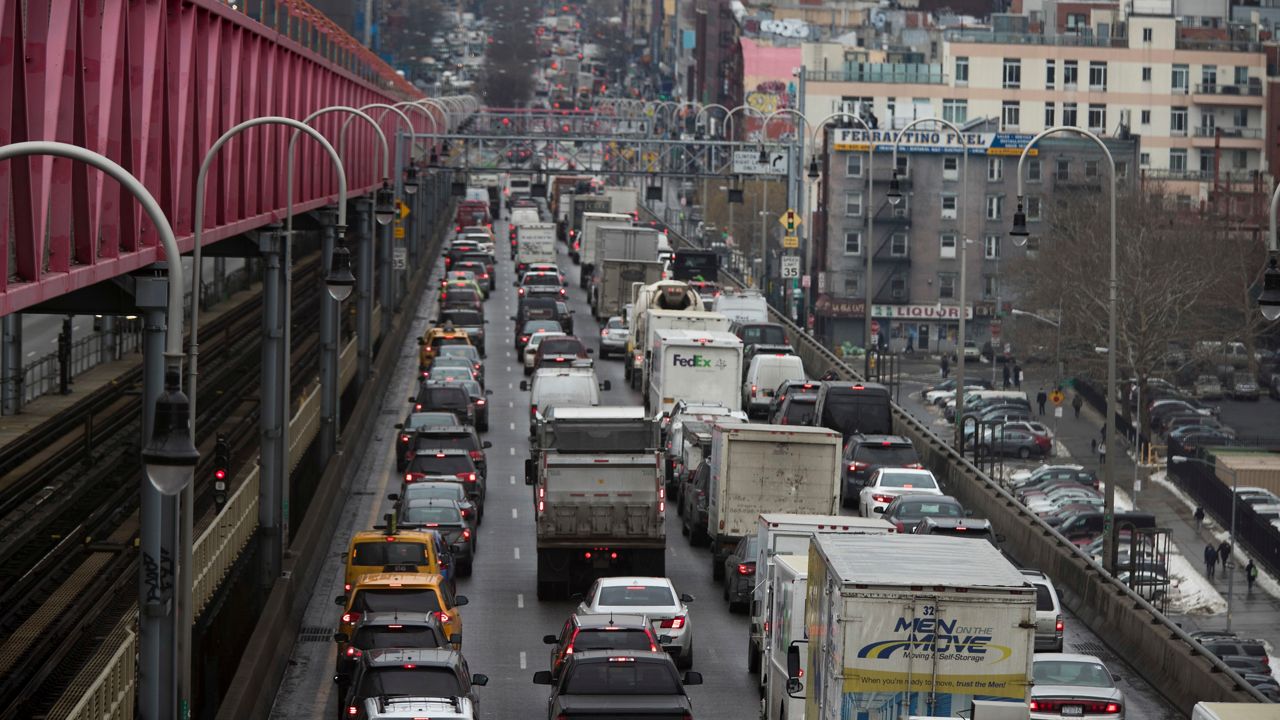Staten Island residents have, on average, the longest commutes of anyone in the city—and the fewest mass transit options. For many, the Verrazzano-Narrows Bridge is part of the trip. So they are not happy the MTA is proposing to take away their toll discount.
"I think that they cannot take away our discount because it will cripple Staten Island," one woman told NY1.
"It would be a hardship. My husband uses it every day and we’ve paid for this bridge,” another said.
Tolls are charged on westbound vehicles. Drivers in the resident discount program pay $5.50—compared to $12.24 for those who have an E-ZPass—and $19 for those who do not.
The MTA faces a $12 billion deficit because of reduced fare and toll revenue during the pandemic. Ending the Verrazzano-Narrows Bridge discount could save $65 million a year.
But the Staten Island Chamber of Commerce CEO and President Linda Baran said it would slam local businesses and residents.
"That’s something that they have to, have to retain—$19, nobody’s gonna want to come to Staten Island. That’s ridiculous,” Baran said.
Another project that’s in jeopardy because of the MTA’s budget woes?
A proposed rapid bus transit system, which would create a bus-only roadway to make 14 stops along the borough's north and west shores.
That project has been in the works for almost a decade, and is now on hold indefinitely.
Even worse: the MTA has threatened to cut 40 percent of rail and bus service, meaning longer waits for the bus and a trip on the Staten Island Railway.
"It’s like living in Middletown, Texas or something like that,” one woman explained. “We have one train, goes from one side of the island to the other, not in between…If you don’t have a car, you're pretty much walking and you're walking for a long time."
Elected officials here have been warning Washington of the aftershocks if the MTA cuts are enacted and are urging the Senate to approve legislation passed by the House to bail out the MTA and other transit agencies.
The MTA responded to this story with a statement, which reads, "The MTA is exploring multiple options to address the shortfall caused by the lack of federal funding in the midst of the COVID-19 pandemic. While we cannot yet determine effects on rebate and discount programs, this uncertainty highlights why it's so critical that Washington steps up to deliver the $12 billion needed to keep the MTA running through the end of 2021."







